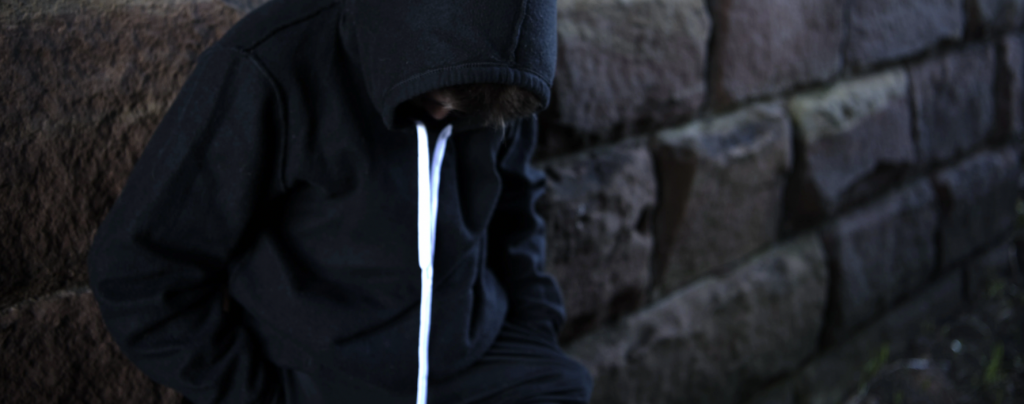How modern slavery referrals soared as lockdown ended

The number of people referred to the Home Office’s modern slavery programme reached its second highest level between April and June this year, as the UK eased its Covid-19 restrictions.
Figures released today show 3,140 people were referred to the National Referral Mechanism (NRM) in the second quarter of 2021, with modern slavery returning to usual levels following a drop in 2020 due to Covid-19.
Almost half of those referred (1,357) were children, with 994 of those minors coming from the UK.
A report from the Modern Slavery and Human Rights Policy and Evidence Centre found lockdown meant its front line staff had fewer opportunities to identify potential victims, leaving many without support and causing the recorded number of cases to fall. Reduced travel to the UK is also thought to have contributed to the drop.
The resumption of face-to-face engagement and the allocation of organisational resources away from Covid-19 has led to more potential victims of modern slavery being picked up by the system.
The most common type of modern slavery in the UK is criminal exploitation, in which children and vulnerable adults are coerced into committing crimes, often through “county lines” activity (drug gangs and organised criminal networks involved in trafficking illegal drugs up and down the country).
There were 1,032 referrals for this type of modern slavery in the second quarter of 2021.
Some 648 people were referred for potentially being exploited for their labour, 466 claimed to have been sexually exploited, and 256 were referred for being potential victims of domestic slavery. There were 44 referrals for people who claimed to have been forced into having their organs harvested.
Most people referred to the NRM were from the UK (1,031), followed by Albania (545) and Vietnam (329).
Source: (New State Man)

